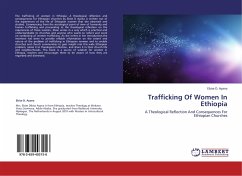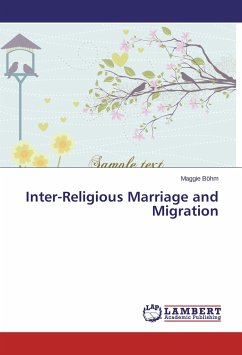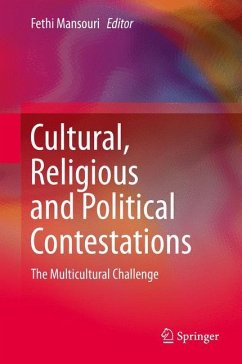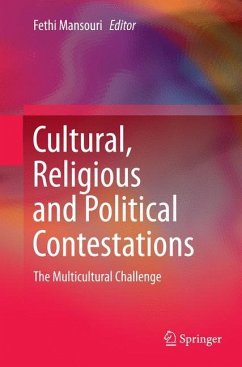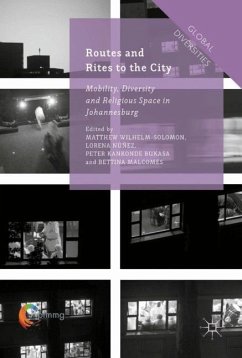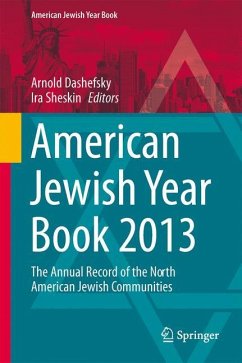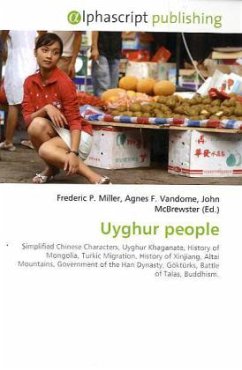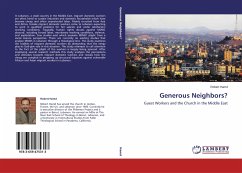
Generous Neighbors?
Guest Workers and the Church in the Middle East
Versandkostenfrei!
Versandfertig in 6-10 Tagen
47,99 €
inkl. MwSt.

PAYBACK Punkte
24 °P sammeln!
In Lebanon, a small country in the Middle East, migrant domestic workers are often hired to sustain industries and domestic households which have become cheap and often unprotected labor. Mainly recruited from Asia and Africa, female migrant domestic workers come to Lebanon expecting to work in qualified positions for fair salaries and under satisfactory working conditions. Tragically, human rights abuses against MDWs abound, including forced labor, neo-slavery working conditions, violence, and exploitation. Few studies exist which examine MDWs' plight from a social science perspective. There ...
In Lebanon, a small country in the Middle East, migrant domestic workers are often hired to sustain industries and domestic households which have become cheap and often unprotected labor. Mainly recruited from Asia and Africa, female migrant domestic workers come to Lebanon expecting to work in qualified positions for fair salaries and under satisfactory working conditions. Tragically, human rights abuses against MDWs abound, including forced labor, neo-slavery working conditions, violence, and exploitation. Few studies exist which examine MDWs' plight from a social science perspective. There are currently no existing studies that analyze MDWs in Lebanon through a theological lens. This study examines the realities of migrant domestic workers by demanding that the clergy play its God-give role in this situation. This study attempts to call attention to the fact of the plight of the workers is largely being ignored. After employing several research methods this study analyzes the perceptions and attitudes towards migrant domestic workers and reveals how the clergy are complicit in propping up structural injustices against vulnerable African and Asian migrant workers in Lebanon.



